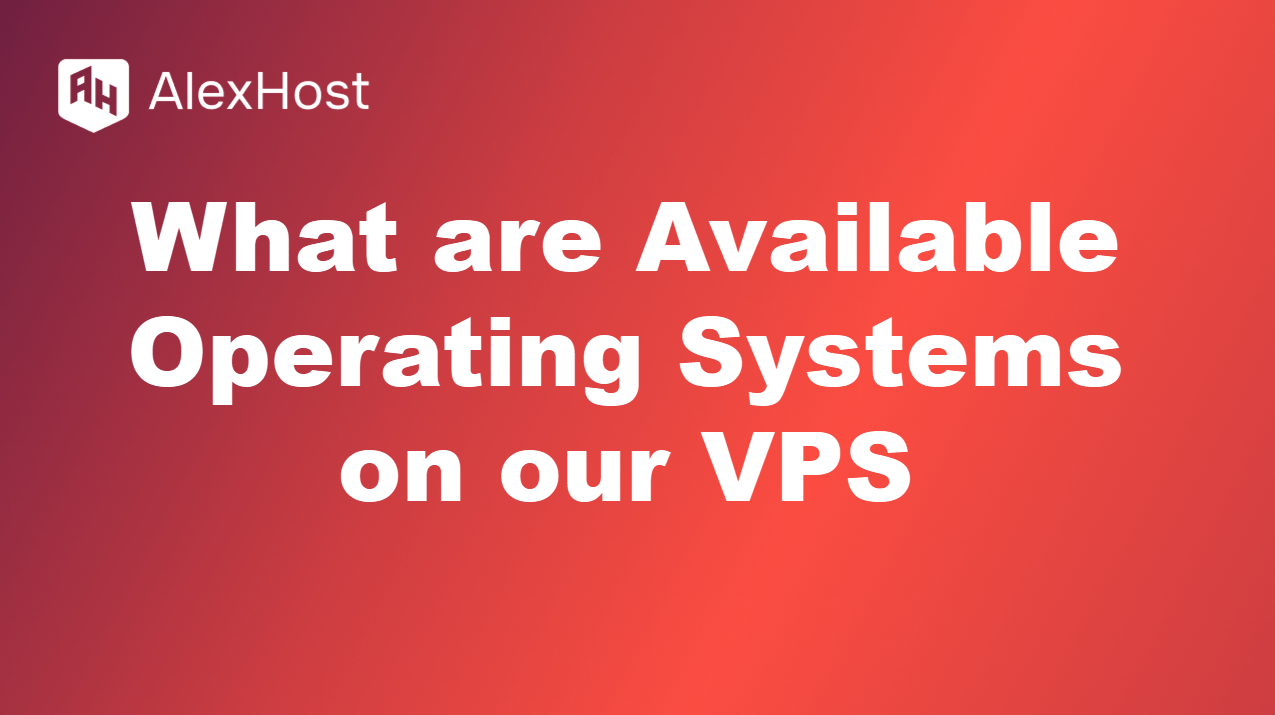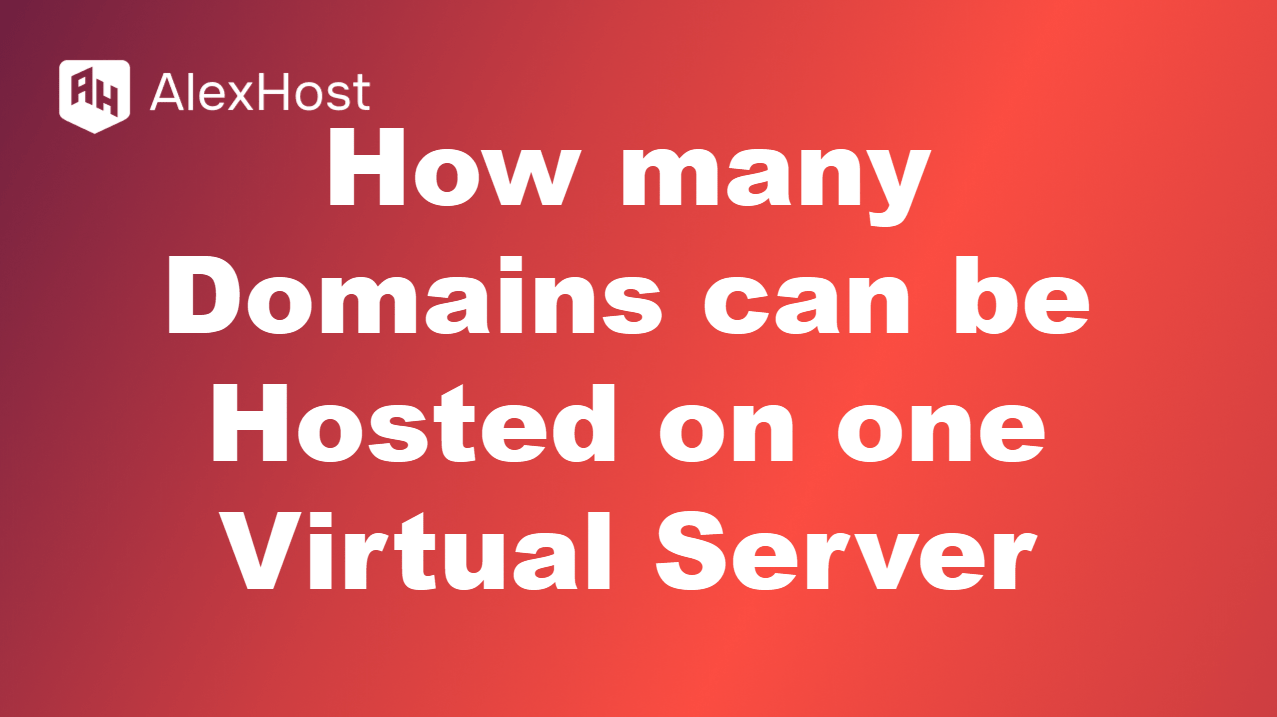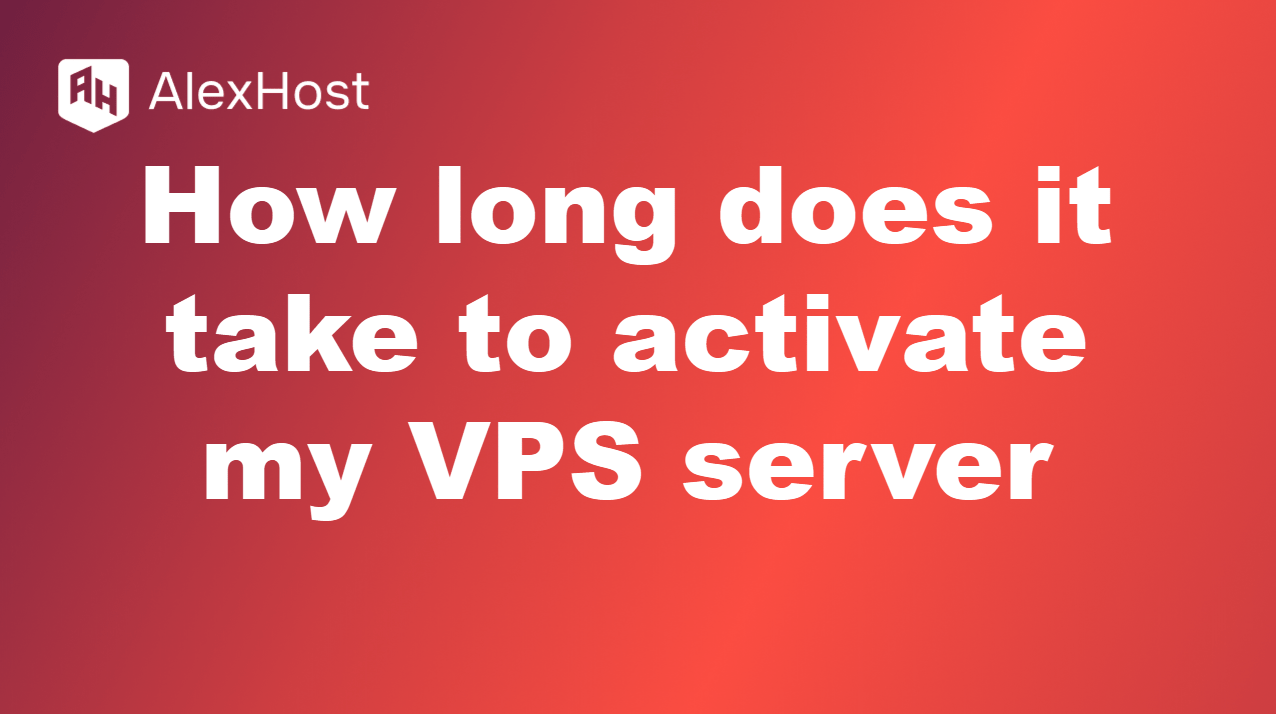faq-post
When you choose a service, it’s essential to feel confident in your decision, which is why we offer a full refund option within 30 days of purchase. This policy provides you with ample time to thoroughly evaluate the service and ensure it meets your expectations and needs. During this period, you can explore all the […]
For dedicated servers in AlexHost, 300 Mbps is allocated by default, which is included in the tariff plan. However, it is also possible to purchase an additional high and powerful band – this is 1 Gbps. This in turn is defined by the Metered & Unmetered types. A brief description will be given below. The […]
Installing a dedicated server and setting up all the necessary components is a complex process that requires meticulous attention to detail and careful configuration, often taking up to a full day or even longer. This time frame can seem lengthy, but it’s important to understand the various steps involved that contribute to the overall duration. […]
Important to note, that all AlexHost clients have access to this type of virtualization Let’s talk about what KVM virtualization is. The term stands for Kernel-based Virtual Machine, and is a unique virtualization technology built into the Linux kernel that provides powerful and efficient virtualization at the hardware level. In this article we will look […]
The main goal is to preserve the website files and databases that are hosted on the server. There are several ways to perform website backups, but today we will describe the process approved by AlexHost.Com company’s policy. All available backups are performed by AlexHost.Com specialists. However, we cannot guarantee the ability to restore from every […]
Choose Your Perfect OS on AlexHost VPS Why select an OS with AlexHost? AlexHost’s VPS and dedicated servers offer a wide range of operating systems, from Ubuntu to Windows Server, tailored for developers, enterprises, and security pros. With NVMe storage, root access, and DDoS protection, you can deploy any OS for peak performance. This guide […]
Regional unavailability of IP addresses due to blocking by providers, local governments or government agencies is not a violation of this agreement. Example: the IP address of the ordered virtual machine is not available to a client from Kazakhstan, Iran, China, Turkmenistan and other countries, due to blocking access to IP addresses by the local provider in […]
When choosing a hosting provider, the ease and variety of payment methods can be a deciding factor for many customers. At AlexHost we understand the importance of flexibility and convenience when it comes to managing your payments. That’s why we offer a wide range of payment options to suit your needs, whether you’re an individual […]
Virtual private servers (VPS), as well as dedicated servers and shared hosting services, offer users the unique ability to host multiple domains on a single instance. This functionality is especially useful for businesses, web developers, and site administrators who need to manage multiple websites from a single platform without having to rely on multiple servers […]
In modern web hosting and IT infrastructure, virtual private servers (VPS) have become an integral part. However, when it comes to a new VPS server, the key issue for many users is the time required to activate it. In this article, we will look at the process of activating a VPS server, the factors influencing […]

















